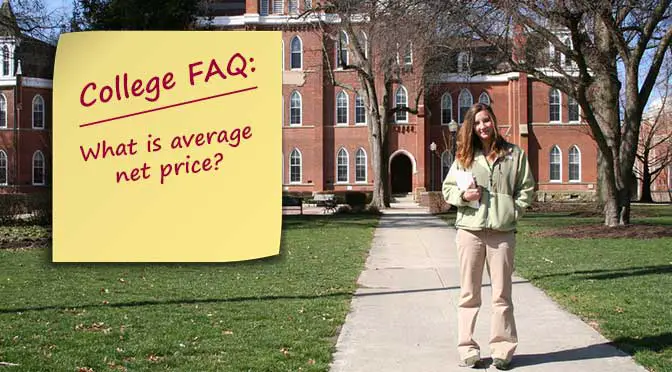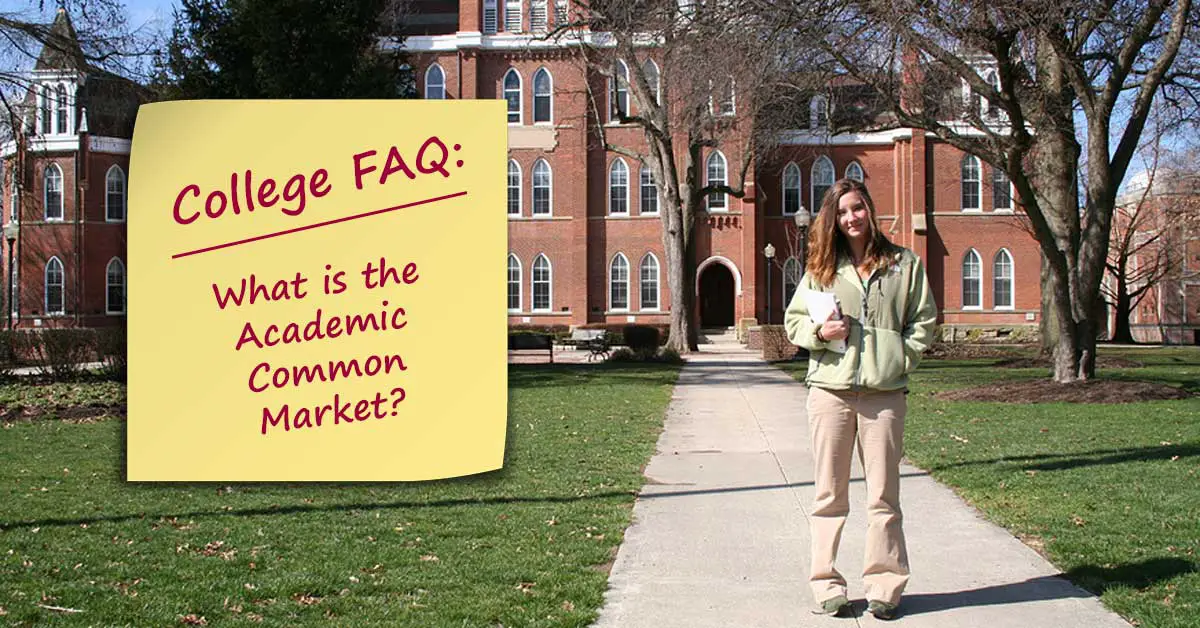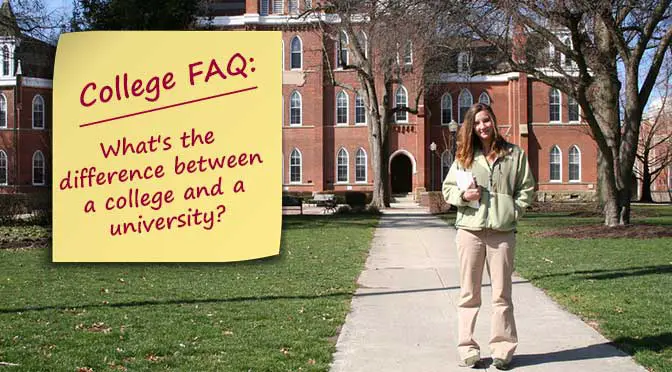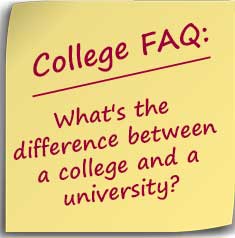 In the most general terms, Average Net Price is the price that students actually pay for college as opposed to the “list” price or Total Cost of Attendance. The government defines average net price “by subtracting the average amount of federal, state/local government, or institutional grant or scholarship aid from the total cost of attendance. Total cost of attendance is the sum of published tuition and required fees, books and supplies, and the weighted average for room and board and other expenses.”
In the most general terms, Average Net Price is the price that students actually pay for college as opposed to the “list” price or Total Cost of Attendance. The government defines average net price “by subtracting the average amount of federal, state/local government, or institutional grant or scholarship aid from the total cost of attendance. Total cost of attendance is the sum of published tuition and required fees, books and supplies, and the weighted average for room and board and other expenses.”
What are test optional colleges?
ShareTweetFlipEmailPin0 SharesThe term “test optional” generally refers to colleges and universities that do not require students to submit ACT or SAT test scores to be admitted to the institution. However, there really isn’t a set definition as seen at the Fair Test website, an organization that tracks such testing requirements. Even the Fair Test definition … Read more




 In the United States, there isn’t any official difference between a college and a university. There are no rules that require certain types of higher education institutions to use the term “college” and others to use “university.”
In the United States, there isn’t any official difference between a college and a university. There are no rules that require certain types of higher education institutions to use the term “college” and others to use “university.”